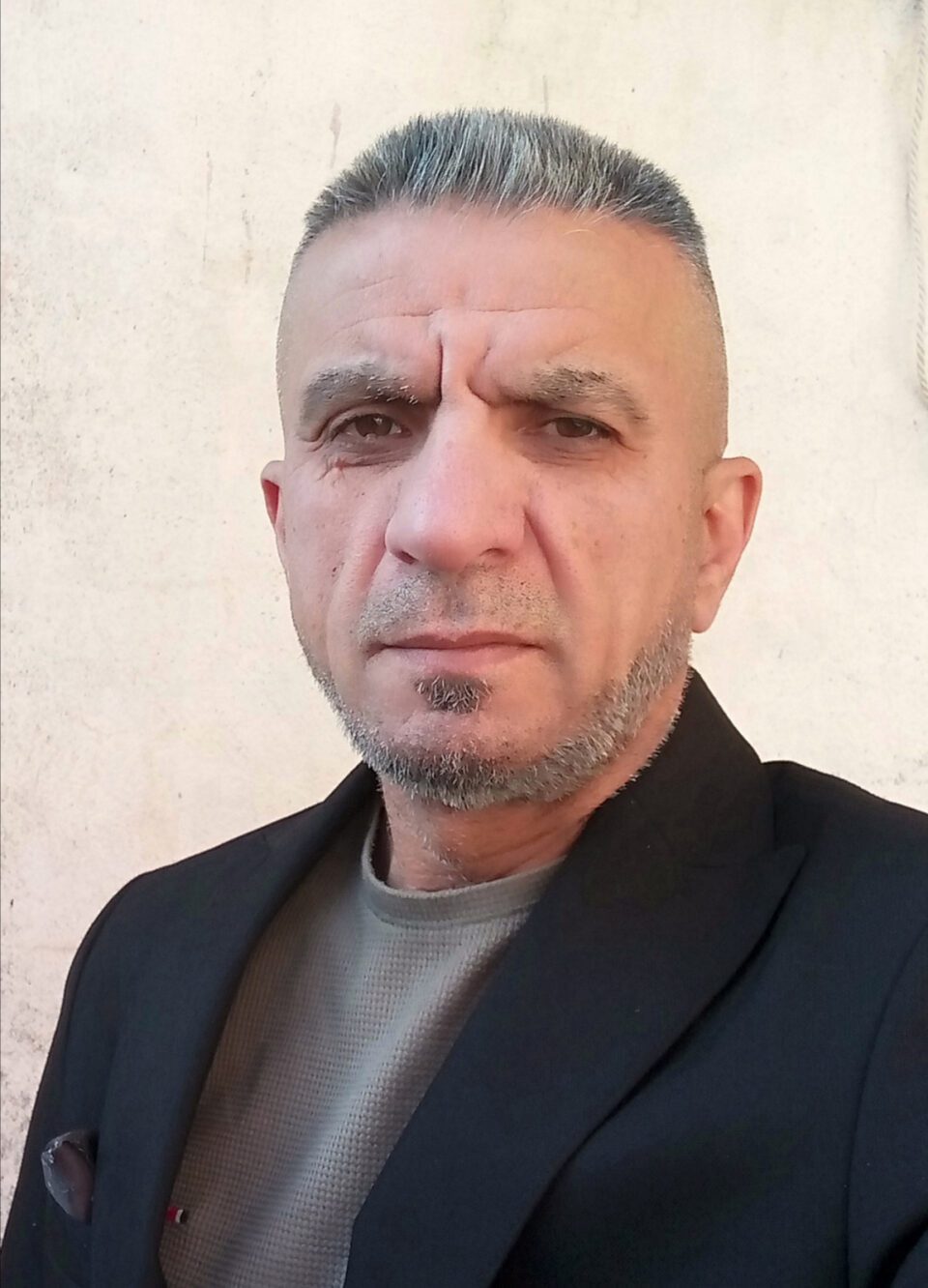By Saadula Aqrawi
As former President Donald Trump gears up for a potential return to the White House, questions about the composition of his administration and the foreign policy stance it would adopt are at the forefront. One of the areas of significant concern and potential policy shift involves U.S. relations with the Kurds, a complex and often volatile issue. And we know that the Kurds, across parts of Turkey, Syria, Iraq, and Iran, have historically been marginalized and have faced challenges in achieving autonomy and self-determination. Their relationships with the United States have been notably significant in recent decades, particularly in the context of the fight against ISIS. Yet, as Trump prepares for a potential second term, the key individuals he could appoint to his administration, their political beliefs, and prior policy stances will shape how these relationships evolve.
One of the potential Members of Trump’s Next Administration is Mike Pompeo – Secretary of State (or National Security Adviser) As Secretary of State during Trump’s first term, Mike Pompeo played a critical role in crafting U.S. foreign policy, including the decision to withdraw troops from Syria.
Also , John Bolton – National Security Adviser (or Foreign Policy Consultant) Bolton, known for his hawkish foreign policy and prior role as Trump’s National Security Adviser, is highly regarded for his support for Kurdish groups. Bolton has been a vocal proponent of strengthening ties with Kurdish forces as a means of countering Iranian influence and ensuring stability in the region. During his brief tenure, he supported the SDF as a vital partner in combating ISIS, even when it meant confronting Turkish interests. If Bolton were to return to a senior position, it would likely signify a more robust and unwavering support for the Kurds, potentially leading to friction with Ankara.
Stephen Miller – Senior Policy Adviser Known for his influence over the administration’s immigration and domestic policy, Stephen Miller’s input on foreign policy has historically been less prominent. However, if Miller were to play a larger role, his focus would likely be on prioritizing American sovereignty and reducing the U.S. military footprint overseas. While Miller has not been directly associated with Kurdish affairs, his focus on nationalism could translate to policies that prioritize U.S. interests while potentially reducing the scope of American engagement with groups like the SDF unless there are clear, immediate benefits.
Senator Lindsey Graham – Consultant or Adviser A staunch advocate for military strength and alliances, Senator Lindsey Graham has been a vocal proponent of supporting Kurdish forces in Syria and Iraq. He has repeatedly argued that abandoning the Kurds would be a betrayal and a strategic error, potentially endangering U.S. interests and credibility. Graham’s influence would likely push the administration toward a policy that maintains some form of support for the Kurds, though this could be limited and conditioned on a broader strategic approach that accounts for Turkey’s security concerns.

